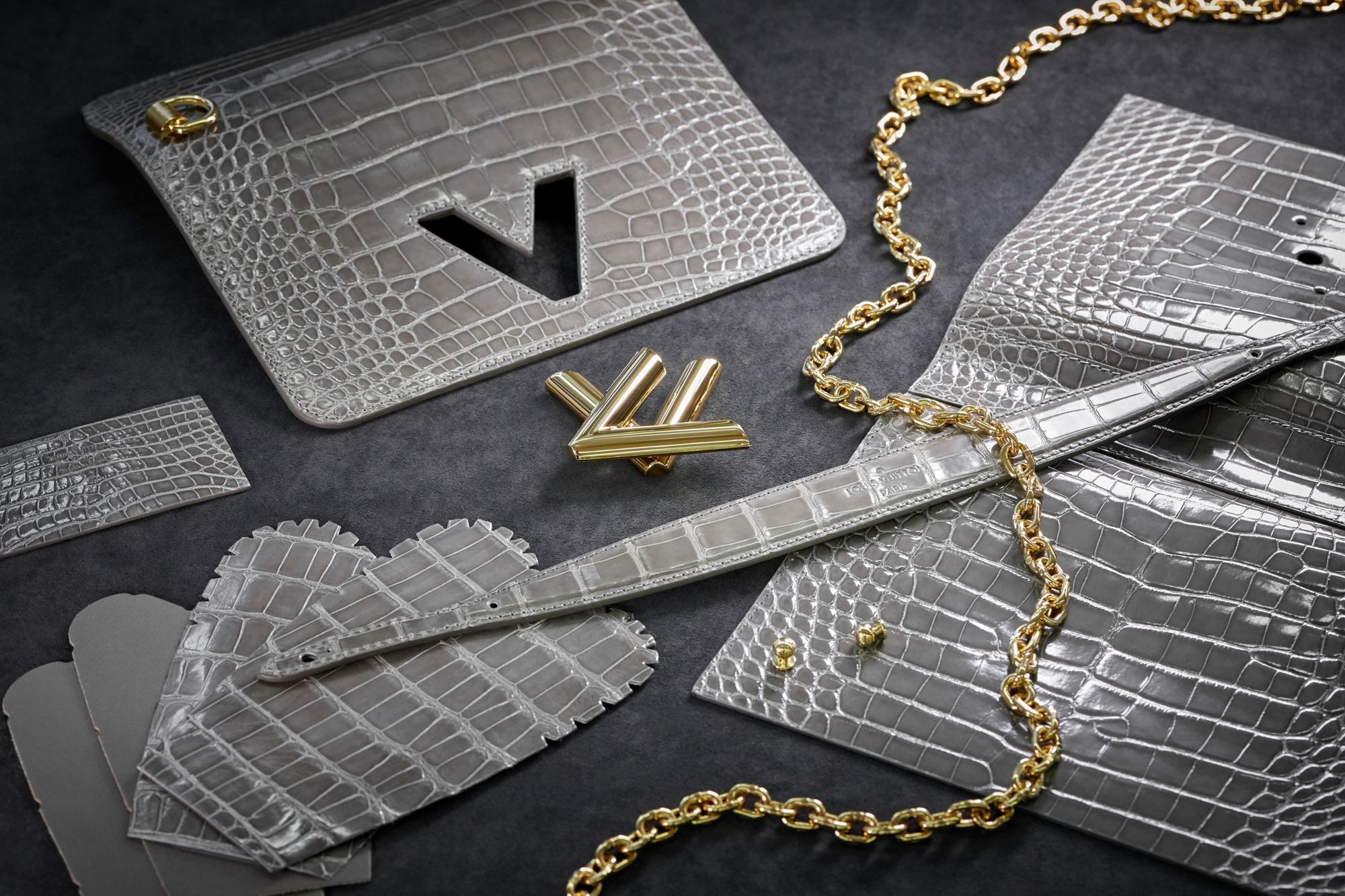The world of luxury fashion is often intertwined with opulence and prestige, marked by iconic brands that shape our desires. Among these, Louis Vuitton stands tall. Renowned for its exquisite craftsmanship and timeless pieces, the brand elicits admiration and aspiration globally. However, beneath the gleam of its products lies a pressing ethical question: Is Louis Vuitton truly animal cruelty-free, or is it an advocate of exotic skins?
Louis Vuitton has a storied history that dates back to 1854, dominating the luxury handbag and luggage market with its emblematic monogram. The question of ethics and sustainability in the fashion industry has gained traction, urging consumers to scrutinize their purchases more critically. Among the critical discourse surrounding luxury brands, animal welfare has emerged as a linchpin for conscientious consumers. The use of exotic leathers—derived from snakes, crocodiles, and other reptiles—forms a significant pillar of Louis Vuitton’s offerings, inviting scrutiny.
At the heart of this inquiry lies the practice of sourcing these exotic leathers, a process often shrouded in secrecy. The harvesting of such materials raises pertinent ethical questions that advocate for a more humane approach to fashion. Exotic skins are not merely a byproduct of nature; sourcing them often involves a complex and sometimes disturbing entanglement with animal welfare issues. Various reports indicate that the treatment of these animals prior to being utilized in fashion is far from humane. Many exotic species are bred in captivity under deplorable conditions, while others are harvested from the wild, often involving cruel methods that lead to their suffering.
The fashion industry has seen the emergence of an eco-conscious movement, challenging the traditional notions of luxury and prompting a reevaluation of brands like Louis Vuitton. The brand, which prides itself on craftsmanship, finds itself at a precipice where its age-old practices clash with the modern ethical values emerging in society. Advocates for animal rights have continually voiced concerns about the ramifications of exotic leather production. Not only does this practice perpetuate animal cruelty, but it also contributes to ecological deterioration. As various species face challenges of extinction, the need for reform becomes ever more pressing.
However, Louis Vuitton has made public commitments toward greater sustainability and ethical sourcing. The brand announced intentions to enhance transparency throughout its supply chain, promising to implement better practices concerning animal welfare. Such statements often invite skepticism, given the soaring demand for luxury goods that utilize exotic skins. The conventional narrative of luxury includes the allure of rarity and exclusivity, traits that are often embodied in the use of exotic materials. Will a pivot toward cruelty-free policies diminish the brand’s prestige?
Interestingly, consumer sentiment is shifting. An informed public is increasingly inclined toward brands that adopt cruelty-free practices. This change presents an opportunity for Louis Vuitton to redefine luxury beyond using exotic skins. By embracing innovative, sustainable, and cruelty-free alternatives, the brand could not only enhance its image but also attract a conscientious clientele eager to support ethical practices. Brands like Stella McCartney have set precedent, succeeding without relying on traditional animal products and experiencing commercial success through commitment to sustainability and transparency.
Your decision to advocate for ethical alternatives is inherently powerful. When consumers choose cruelty-free products, they affect change at a fundamental level, compelling luxury brands like Louis Vuitton to reconsider their practices. The fashion industry responds to its audience. The rise of vegan leather options and synthetic materials that mimic the aesthetics of exotic skins presents a compelling case for the viability of a cruelty-free future. These alternatives demonstrate that luxury need not compromise ethical standards.
As Louis Vuitton navigates this critical juncture, it must address the pressing issue: Can a brand synonymous with luxury truly shed its ties to animal cruelty? The possibility of a new paradigm hinges on transparency, accountability, and a genuine commitment to change. Should Louis Vuitton choose to abandon its utilization of exotic leathers, it could not only enhance its brand equity but also contribute positively to ethical fashion movements worldwide. This shift could redefine societal perceptions of luxury while mitigating the ecological impact associated with exotic leather production.
Another facet to consider is the role of regulators and organizations advocating for animal rights. Consumer awareness paired with regulatory pressure can drive systemic changes. Organizations championing animal welfare are increasingly collaborating with brands to promote ethical practices and transparency in supply chains. The momentum for such advocacy is undeniable, as more consumers begin to question their purchases’ impact on the world.
With awareness comes responsibility. If you cherish craftsmanship and luxury, allow that appreciation to guide your choices toward brands that respect animal rights and environmental sustainability. Engage in dialogues around these pressing issues and support enterprises that showcase compassion alongside quality. Change is not merely a demand for brands but a collective call for an ethical renaissance in luxury fashion.
In conclusion, the conversation around Louis Vuitton’s use of exotic skins and animal welfare is not just about condemning practices but rather about envisioning a future that aligns luxury with compassion. The luxury of tomorrow hangs in the balance of our choices today. One can only hope that Louis Vuitton seizes this opportunity to lead a transformative movement in the fashion world, championing not only elegance but also a deep-rooted respect for all living beings. The time for this transformation is ripe, and the world is watching.








